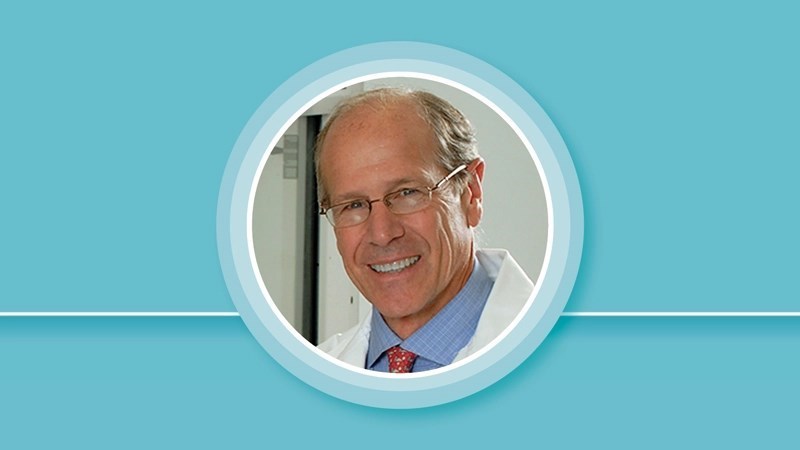Dr. Hardeep Singh
Dr. Singh, chief, health policy, quality, and informatics program, Center for Innovations in Quality, Effectiveness and Safety, Michael E. DeBakey Veterans Affairs Medical Center, and professor, Baylor College of Medicine, Houston, was selected for being a pioneer in diagnostic and health information technology (IT) safety. Some of his significant accomplishments include:
Developing “E-trigger tools,” sophisticated EHR-based algorithms that identify patients with missed opportunities in the diagnostic process
Working with the Agency for Healthcare Research and Quality to develop tools and resources to measure and improve diagnostic safety, including “Diagnostic Safety Measurement for Learning and Improvement: A Resource to Identify, Analyze, and Learn from Diagnostic Safety Events” and “Common Formats for Event Reporting–Diagnostic Safety,” a standardized reporting format using common definitions to report diagnostic errors
Codeveloping an eight-dimension sociotechnical model that now is accepted as a paradigm in health IT and patient safety work and the Office of National Coordinator for Health IT (ONC) Safety Assurance Factors for EHR Resilience (SAFER) guides that help hospitals perform a safety assessment of their EHRs to address a range of patient safety issues related to health IT use
Conducting foundational research on defining and measuring diagnostic error, some of which influenced the 2015 National Academies report, Improving Diagnosis in Health Care, which cited 32 papers he authored on diagnostic safety
Dr. Mark Chassin
Dr. Chassin, president emeritus of The Joint Commission, was selected for a lifetime achievement award after leading The Joint Commission for 14 years, during which he made profound changes, such as shifting accreditation away from simply citing deficiencies and toward helping to drive improvement. A key part of his effort was the creation of The Joint Commission Center for Transforming Healthcare to work with the nation’s leading hospitals and health systems to create effective solutions for healthcare’s most critical safety and quality problems, including healthcare-associated infections (HAIs), hand-off communication failures, wrong site surgery, patient falls, and healthcare-associated pressure injuries.
He also ushered in great change to The Joint Commission’s internal improvement culture by introducing Lean, Six Sigma, and change management concepts and tools that were later incorporated into The Joint Commission’s Robust Process Improvement. Moreover, Dr. Chassin was a member of the Institute of Medicine committee that authored To Err Is Human and Crossing the Quality Chasm. He is a recipient of the Founders’ Award of the American College of Medical Quality and the Ellwood Individual Award of the Foundation for Accountability.
Selection Panel
The 2021 Eisenberg Award Panel consisted of:
- Carolyn M. Clancy, MD, MACP, Department of Veterans Affairs, panel chair
- Brent C. James, MD, MStat, Clinical Excellence Research Center, Stanford University School of Medicine, CA
- Richard Christopher Antonelli, MD, MS, Boston Children’s Hospital, Harvard Medical School, MA
- Meika Neblett, MD, MS, Robert Wood Johnson Barnabas Health, NJ
- Lisa C. Patton, PhD, JBS International, Inc., Bethesda, MD
- David M. Shahian, MD, Harvard Medical School
- Charleen Tachibana, DNP, RN, FAAN, Virginia Mason Franciscan Health, Seattle, WA
- Andrew M. Wiesenthal, MD, SM, Deloitte Consulting, LLP, San Francisco, CA
- Laurie Zephyrin, MD, MBA, MPH, The Commonwealth Fund, New York, NY
“Overall, the best part of working on the panel is seeing firsthand that the aspirations of John Eisenberg continue to inspire individuals and health systems across the country—and the bar keeps moving higher,” Dr. Clancy said. “Every year brings more ambitious and exciting submissions. Learning how systems across the country are pushing the limits of what can be considered excellence in healthcare is especially exciting for me.”
Learn more about this year’s recipients of the Eisenberg Awards.





